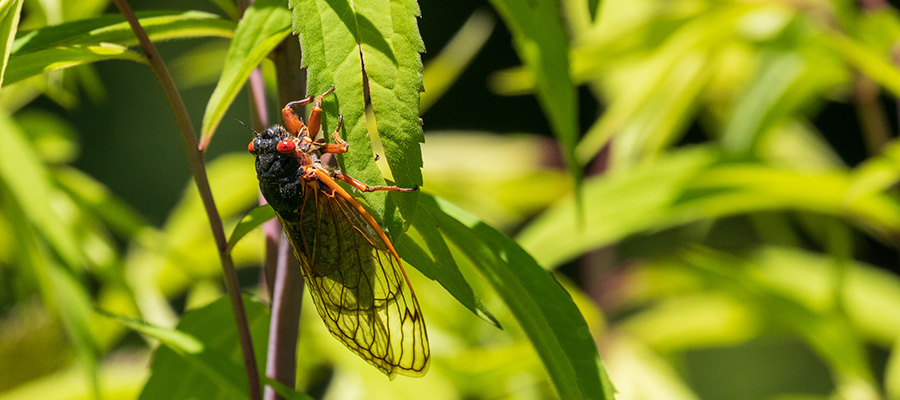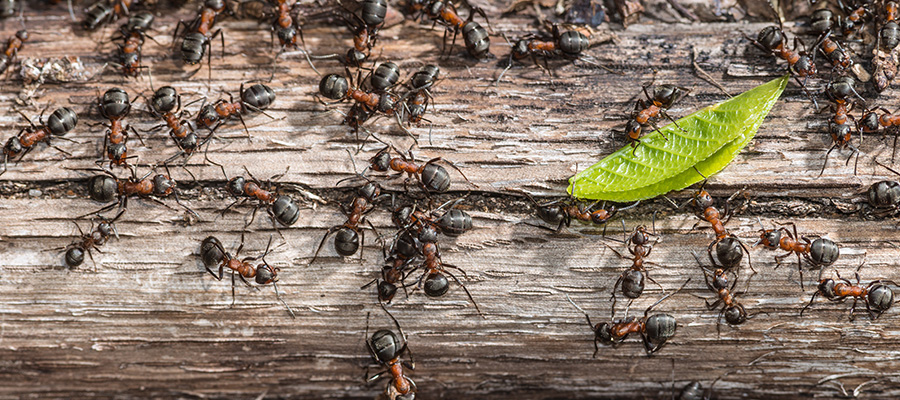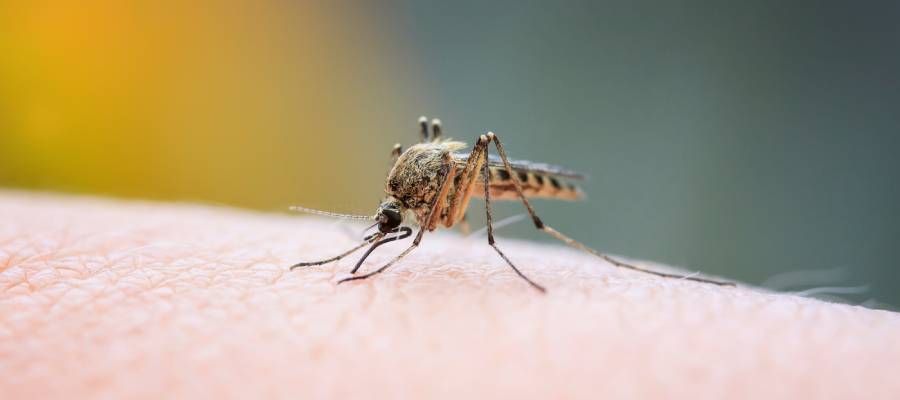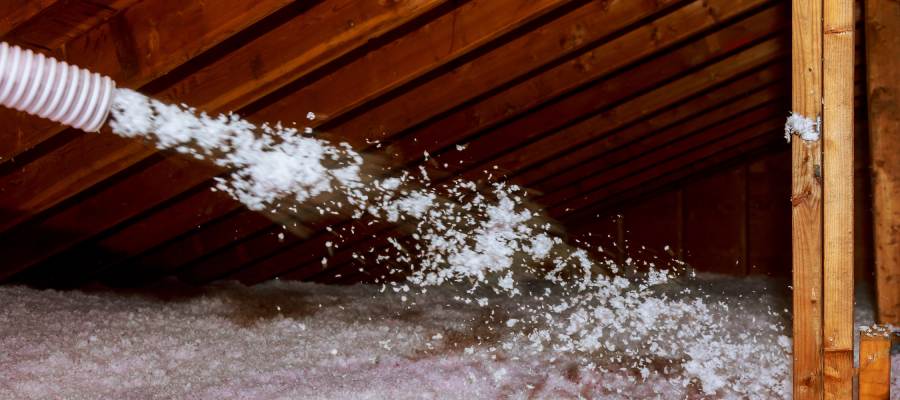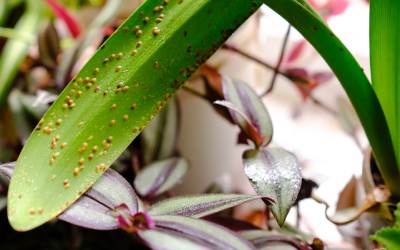Springer Professional Home Services is excited to showcase a rare natural event set to captivate Iowa and its adjacent areas this year. We are about to witness an extraordinary display of nature, where the ticks and buzzing of cicadas create a beautiful melody and bridge the gap between history and the present. This event is not just visually and audibly appealing; it’s an opportunity to delve into the intricate processes of nature. Embark with us on a journey to understand the lifecycle and influence of cicadas, and discover how to live in harmony with these fascinating insects.
How Rare Is This Natural Phenomenon?
2024 is marked by an exceptional natural occurrence in Iowa and its surrounding territories: the simultaneous emergence of two cicada broods, an event that hasn’t occurred since 1803 and isn’t anticipated to happen again until 2245. This year’s event is extraordinary, as it involves the emergence of two different broods at the same time, from mid-May to late June, providing a rare spectacle and learning opportunity.
Cicada Basics
Cicadas live most of their lives underground, only emerging to mate and complete their life cycle. With life cycles of either 17 or 13 years, their emergence is a synchronized event that dominates the summer soundscape with their unique calls, signaling a time of heightened natural activity.
The Significance of Understanding Cicadas
Cicadas are not harmful to humans, but their large numbers can endanger the health of young plants, their preferred food. By comprehending their ecological impact, we can take steps to shield our greenery, reducing the need for broad-scale pest management.
Is Cicada Extermination Needed?
Springer Professional Home Services advises against widespread cicada elimination efforts. Employing simple protective strategies, like draping netting over young plants, can effectively prevent damage during this significant natural occurrence.
Be Aware of Potential Cicada Urine Propulsion
A lesser-known yet intriguing behavior of cicadas is their powerful urine expulsion. Due to their high consumption of xylem from trees and plants, cicadas have developed an efficient way to release this fluid rapidly, which might surprise people with unexpected sprinkles from above in the cicada season.
Embracing Cicadas into the Future
The emergence of cicadas is a profound reminder of the intricate and meticulous nature of ecological cycles, emphasizing the importance of establishing a symbiotic relationship with the natural world.
Should you have any questions or need advice on preparing for the cicada season or handling other pest issues, contact Springer Professional Home Services.

